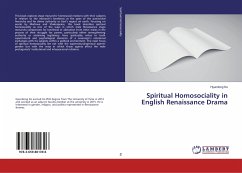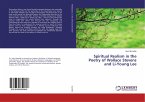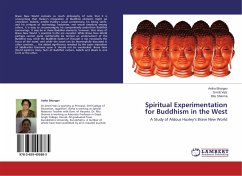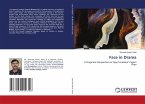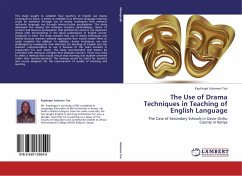This book explores stage monarchs' homosocial relations with their subjects in relation to the monarch's loneliness at the apex of the patriarchal hierarchy and his divine authority as God's regent on earth. Focusing on works by Marlowe and Shakespeare, this book describes spiritual homosociality as one of the ways in which male Renaissance stage monarchs compensate for loneliness or alienation from other males in the process of their struggle for power, particularly either strengthening authority or obtaining legitimacy. Here spirituality refers to both supernatural and psychological elements of a sovereign's emotional exchanges with his subjects within a political environment. The main focus of spiritual homosociality lies not with the supernatural/spiritual agents' gender but with the ways in which those agents affect the male protagonists' institutional and interpersonal relations.
Bitte wählen Sie Ihr Anliegen aus.
Rechnungen
Retourenschein anfordern
Bestellstatus
Storno

